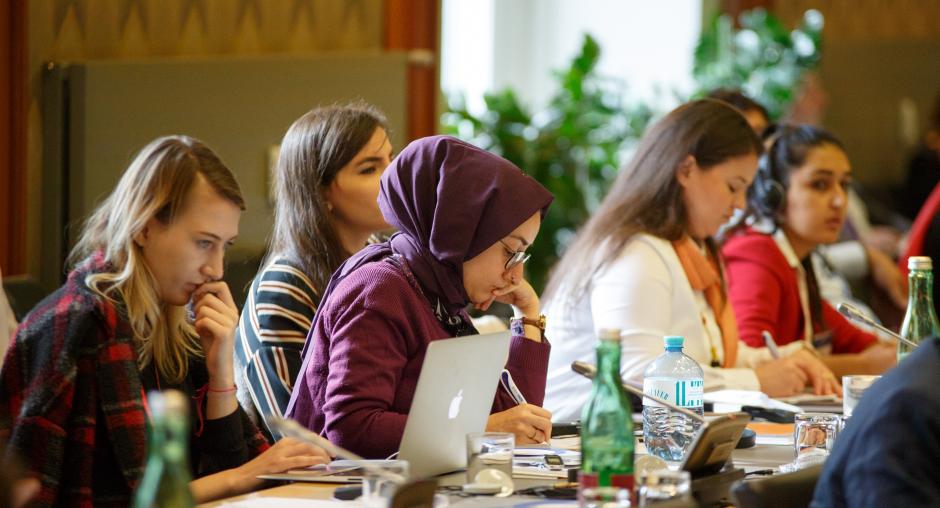Countering discrimination against Muslims
Intolerance and discrimination against Muslims has become increasingly prevalent in the OSCE region in recent years. The “war on terror”, the global economic crisis, anxieties about national identity and the difficulties in coping with the increasing diversity in many societies have led to a growth in resentment against Muslims and Islam that has sometimes been fuelled by intolerant language in media and political discourse.
As a result, many Muslims experience a range of discrimination, including verbal harassment, hate speech, violent attacks and religious profiling. Many are also confronted with a lack of equal opportunities in employment, housing, health care and education, and face restrictions on the public expression of their religion.
The OSCE recognized the danger of growing public intolerance against Muslims as early as 2002, in a Ministerial Council decision that firmly condemned such acts of discrimination. OSCE participating States have committed themselves to combating intolerance against Muslims, and strongly rejected the association of any religion or culture with terrorism.
In order to support the efforts of participating States to counter intolerance and discrimination against Muslims, ODIHR has undertaken a number of activities, including:
- Working with OSCE participating States to develop educational policies and programmes to fight hatred, hostility and prejudice, with a view to addressing the root causes of intolerance;
- Monitoring hate crimes and hate-motivated incidents against Muslims through the collection of data for ODIHR’s annual Hate Crime Reporting
- Providing training on hate crimes for non-governmental organizations dealing with intolerance against Muslims in the OSCE region, to help them better record and report instances of hate crimes;
- Creating international and regional forums where the challenges in combating intolerance against Muslims are highlighted and recommendations for further action are identified.

